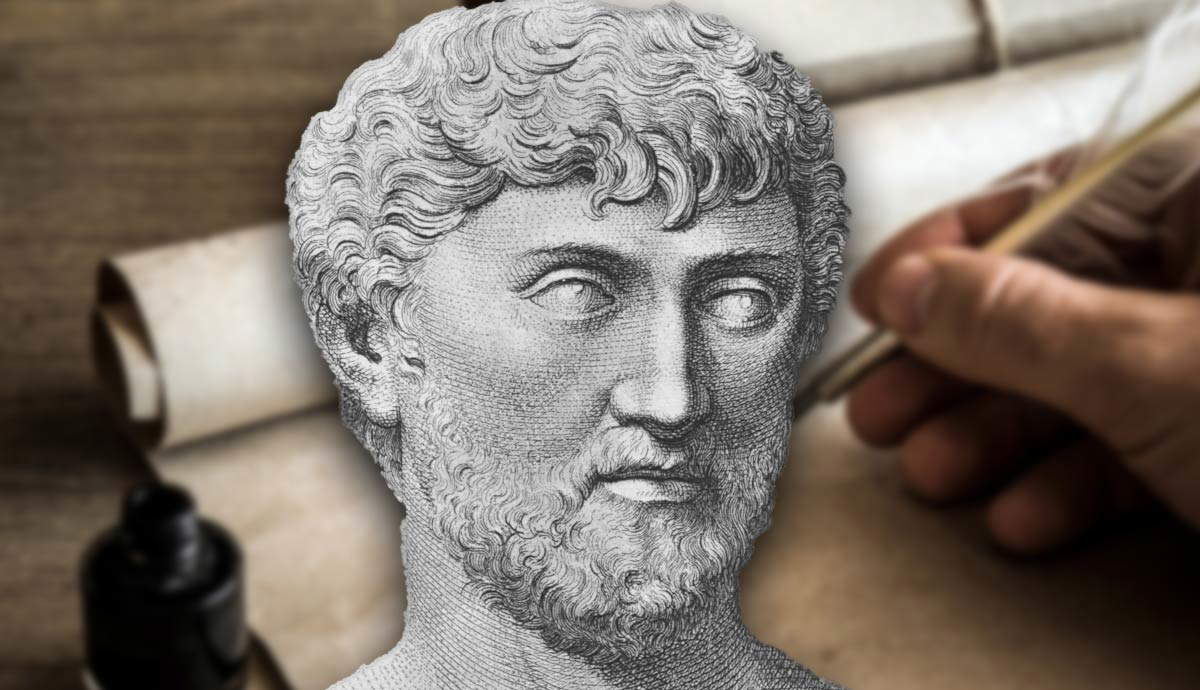
Gaius Valerius Catullus, commonly called Catullus, was a poet from the late Roman Republic. He is best known for his love poetry, but the emotional intensity, wit, and vivid imagery present in his works transcend romantic themes, lending themselves to other subjects as well—such as friendship, social satire, and invective. His innovative and distinct style influenced later Latin poets, and many of Catullus’s works are still around, paving the way for a legacy of his life and writing that continues to be analyzed today.
Catullus Was from Northern Italy

Long before Shakespeare popularized Verona as a city of doomed love, Catullus—a poet known for his romantic and often tragic prose—was born there. Located in northern Italy, Verona often had a friendly relationship with Ancient Rome, acting as an ally of strategic importance due to its location on the Adige River. It wasn’t until 89 BCE that the city became a Roman colony. A few years later, in 84 BCE, Catullus was born.
Catullus came from a well-off family, possibly members of the local elite. A young man of his stature would have received a comprehensive education and been exposed to many different styles of writing, which likely influenced his works. Verona itself was a bustling urban environment, and Catullus would have had exposure to a host of social and cultural dynamics that he later wrote about.
Cicero Was One of His Friends

At some point in his education and career, Catullus met—and became close friends with—Cicero, a prominent statesman, orator, and intellectual figure in Rome. Although the beginnings of their relationship were never recorded, Catullus would likely have traveled to Rome to pursue literary opportunities. There, Catullus and Cicero would have moved in similar social circles as they were well-connected and shared similar interests.
Regardless of how they came to be acquainted, Catullus’s references to Cicero indicate a degree of personal connection. He has one poem written directly to Cicero, in which he expresses admiration for the orator’s eloquence and rhetorical skill and celebrates his ability to captivate audiences with his speeches. Catullus’s poems also include references to Cicero in general, praising his consulship and mentioning his participation in the political turmoil of the time.
Callimachus Inspired Him

Catullus drew inspiration for his works from his real life, but other writers also influenced him. In particular, he was inspired by Callimachus—a Greek poet from the third century BCE who was born in Cyrene, a Greek colony in North Africa, and later moved to Alexandria, where he became associated with the Library of Alexandria.
Callimachus is best known for his contributions to the genre of lyric poetry and his development of the epigram, and, in many ways, Catullus’s works pay homage to Callimachus’s techniques. Catullus adopted many of the stylistic features of Callimachus’s poetry and favored the Greek’s concise and polished verse. He also demonstrated a similar talent for epigrammatic verse, which he used frequently.
The Poet Wrote Mostly of Love

The young Roman poet may have referenced people and events of the time and drawn stylistic inspiration from the poetry of the past, but he is most remembered for his love-themed poetry, which often explores topics of romance, desire, and relationships. He is especially famous for his passionate love poems to Lesbia, a person widely believed to be a fictionalized version of a woman from a prominent Roman family.
In one work, the poet expresses a desire to live and love passionately with Lesbia, while in another, he invokes the conflicting emotions of love and hate he feels for her. Others include scathing invectives of romantic rivals and feelings of resentment and betrayal. Catullus’s poems to Lesbia express both intense love and bitter disillusionment, reflecting the cyclical nature of love and desire and showcasing Catullus’s talent for capturing human emotion.
Catullus Died Young

Although he is considered one of the greatest lyric poets of ancient Rome, Catullus lived a short life. Scholars believe he died sometime in his thirties, possibly around 54 BCE. While the cause of death itself isn’t known for certain, there are a few theories. The first is that he died of natural causes, and given that there are no surviving accounts concerning his passing, some believe this is most likely. Others argue that he could have died by suicide, and they look to the passionate and often tumultuous nature of his poetry as proof. There are also speculations that Catullus may have met a violent end, possibly due to political turmoil or personal conflicts. Regardless of how he died, his impact is clear as his works continue to inspire writers and scholars, and his legacy is still felt today.










